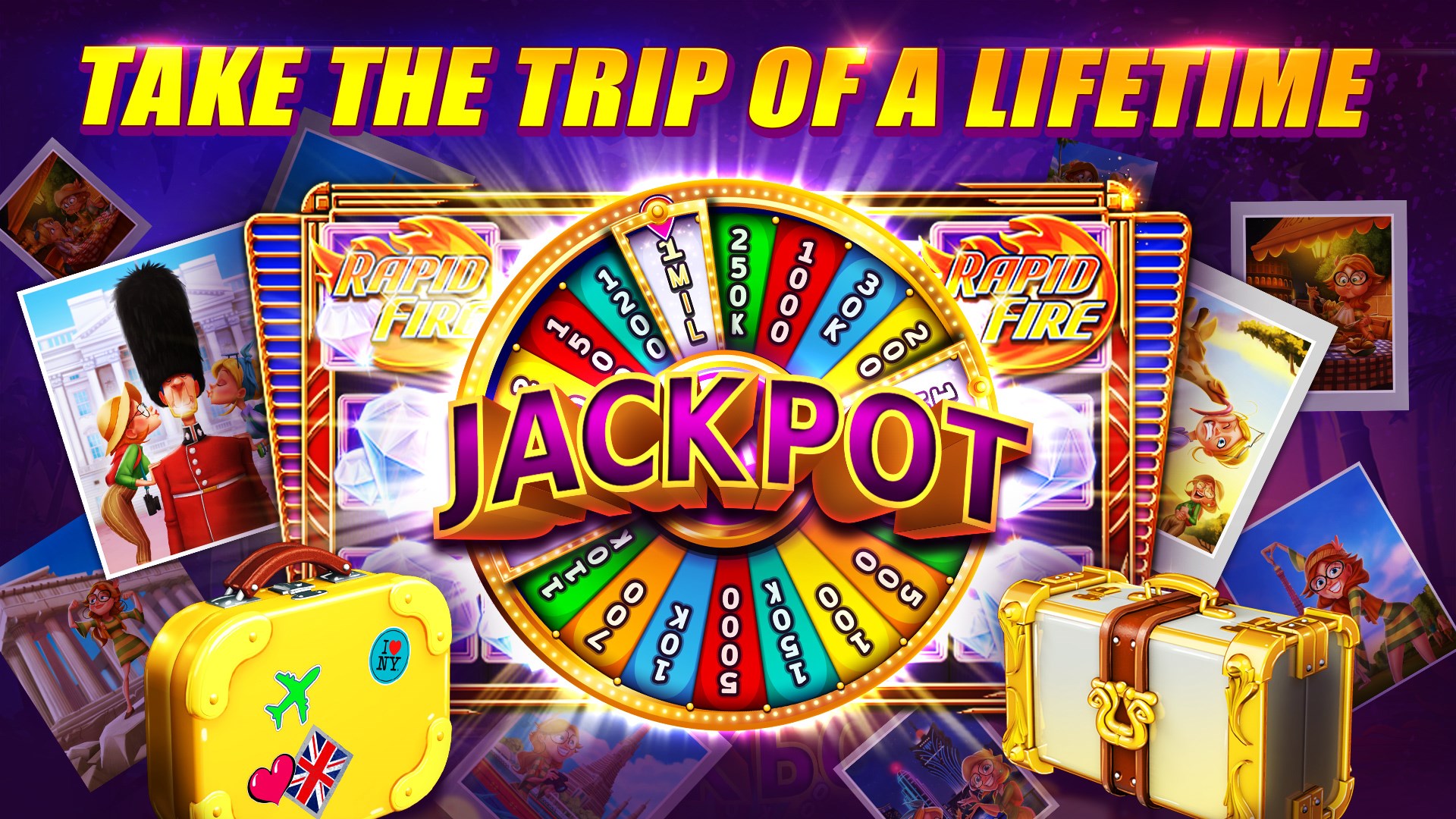When we think of casino games, the first images that often cross our minds are those of spinning roulette wheels, card chips clinking on felt surfaces, and dice flying across a betting surface. While many consider these games as mere pastimes fueled by chance, a more profound exploration reveals a captivating blend of tactics, skill, and social engagement that raises them far beyond simple luck. Regardless of whether you are a seasoned player or a curious newcomer, grasping the nuances of these activities can significantly enhance your experience and appreciation.
Gambling games have evolved over hundreds of years, with various cultures contributing to their rich histories and variations. From the intricate tactics of blackjack to the bluffing methods in card games, players engage in a battle of intellect as much as a gamble on odds. This exciting interplay between chance and expertise creates a thrilling atmosphere that draws millions to gambling establishments worldwide. As we delve into the realm of table activities, we will uncover the strategies that can shift the odds in your favor and the community elements that make these games a popular choice for entertainment and engagement.
A Strategy of Table Games
Table gaming often combine a mix of ability and luck, which makes them intriguing for players who like a challenge. Every game has their own set of guidelines and tactics that can influence the results. For instance, in games like 21, participants are required to use strategies like card counting and grasping the odds to make informed decisions. This skill set can significantly improve their victory potential, differentiating seasoned participants from novices who may rely solely on luck.
In contrast, titles such as roulette may seem to be purely based on luck, but strategic thinking can also play into play. Participants can select between different betting strategies, such as the Martingale strategy, where they raise their wagers after a loss. This method can create a more controlled way to the activity. Understanding the probabilities of specific bets can also help participants make smarter decisions on the table, demonstrating that even in games of luck, tactics can enhance the experience.
Furthermore, poker is notable as a title that heavily emphasizes tactics. In contrast to most gaming games, poker merges skill, psychology, and chance. Participants must also focus on the hands they are dealt but also consider their opponents actions and betting patterns. Mastering concepts like table position, the odds of the pot, and reading bluffs is essential for success. This depth of strategy in poker often leads to a more immersive encounter for players, as the decisions and skills greatly affect the match’s results.
Understanding Probability and Odds
In the realm of gambling activities, probability and ratios play a crucial role in deciding a gambler’s possible results. Every game has its own collection of guidelines that dictate how the chance of succeeding or failing is measured. For case, in games like blackjack, players have a chance to modify their ratios through strategy, whereas in matches like the wheel, the results are entirely governed by luck. Comprehending how these chances are calculated can greatly impact how a player tackles the match.
Odds are typically presented in two forms: fractional and decimal. Ratio ratios show the ratio of the amount gained to the amount bet, whereas decimal odds show the overall payout for a winning wager, including the stake. For example, if a game has odds of 5 to 1, this means that for every one unit bet, a gambler could win five dollars if they win. Understanding how to read these odds enables players to assess their potential winnings and make more informed choices during play.
Players should also be conscious of the casino advantage, which is the casino’s inherent benefit over the players. Each match has a distinct advantage, and understanding this idea is important for controlling one’s hopes and bankroll. Activities with a lower house edge, such as blackjack and baccarat, typically offer superior ratios for gamblers compared to games like slot machines and keno. By understanding the connection between probability, odds, and the house edge, gamblers can improve their gaming experience and strategize more effectively.
The Social Aspect of Table Gaming
Casino games at gaming establishments are often seen as a center of community engagement, drawing participants together in a collective experience that extends far beyond the mere act of gambling. The atmosphere at a blackjack table can be vibrant, with gamblers engaging not only with the game itself but also with one another. Laughter, cheers, and, occasionally, friendly banter create connections that enhance the overall enjoyment of the gaming experience. This communal aspect can turn a solitary endeavor into a dynamic gathering, making casino games particularly enticing.
One of the intriguing elements of table gaming is the way it fosters friendship among players. Whether it’s collaborating to defeat the dealer at a dice table or sharing stories between hands in a card game, the environment encourages interaction. Players often share tips or strategies, creating a sense of community that enhances the fun. This interpersonal atmosphere can make new gamblers feel welcomed and less intimidated by the competitive nature of gaming. As the game progresses, friendships may form, leading to a sense of belonging that keeps participants returning to the table. bakar69
Moreover, the social aspect of gaming at tables extends outside just the players. Dealers play a crucial role in facilitating interaction and maintaining the flow of the game. Their ability to engage gamblers with friendly conversation and their expertise in managing the table can create an inviting atmosphere. This relationship between players and staff adds another layer of enjoyment, where players feel bonded not only to one another but also to the staff. Such interactions are often what make the experience memorable, as players leave with stories to tell and connections made, reinforcing the notion that gaming at tables are truly about more than just chance.
